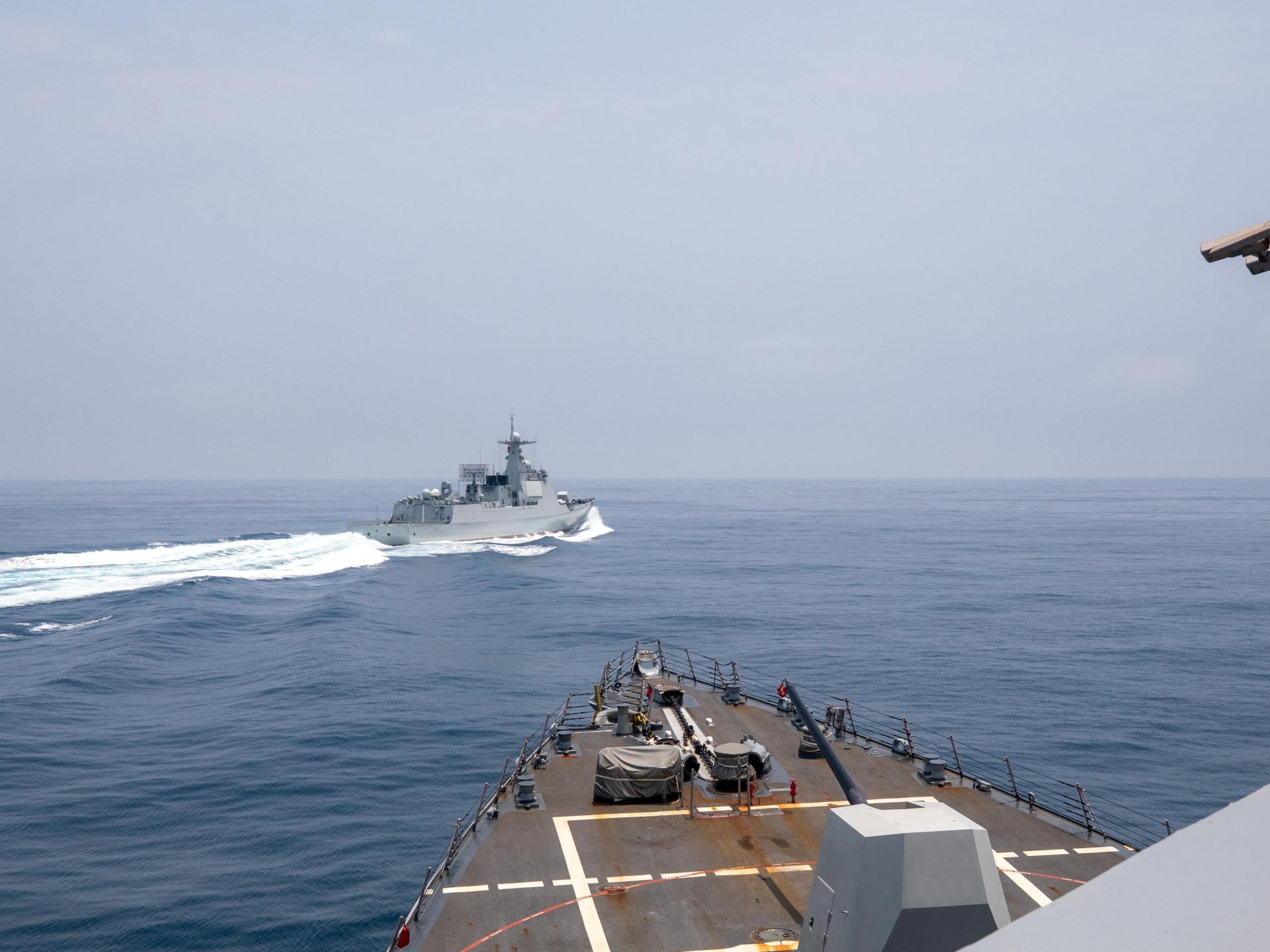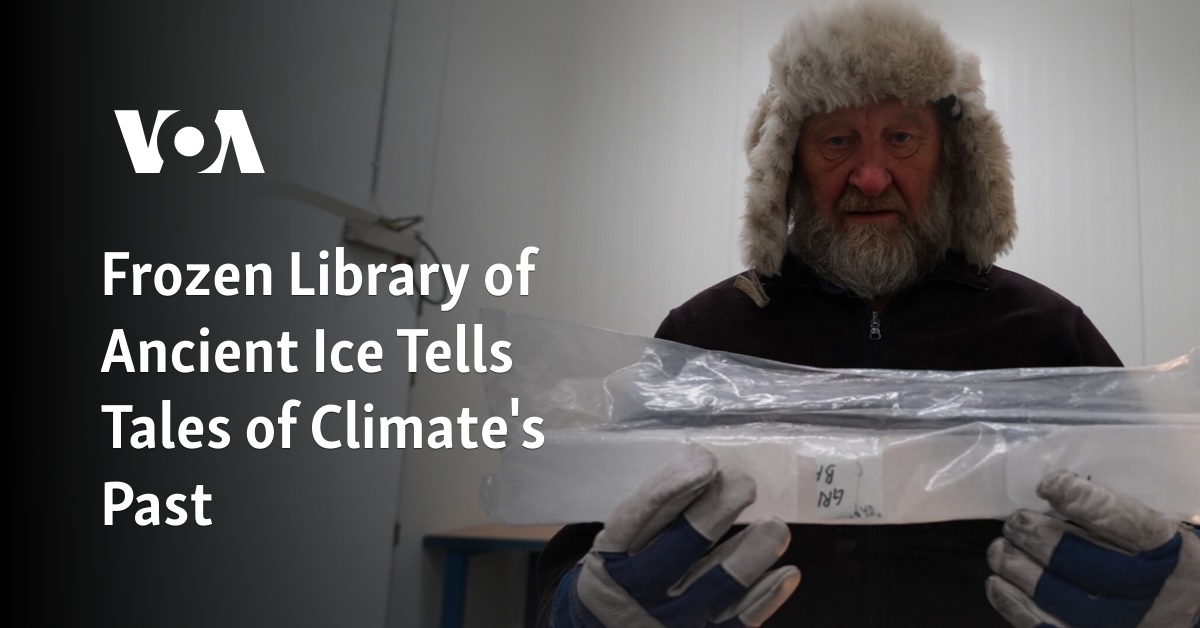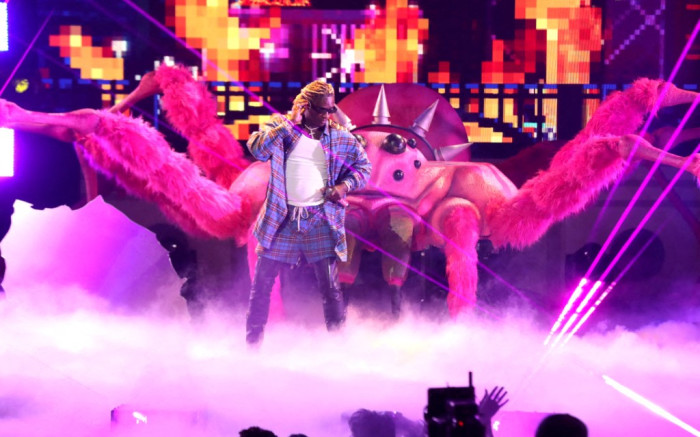
The increased activity along the Taiwan Strait comes ahead of the January 13 polls.
Taiwan has reported sighting Chinese warships around the island and aircraft crossing the sensitive median line of the Taiwan Strait weeks before elections in the democratically ruled country.
On Saturday, the Ministry of Defense said in a post that the northern, central and southwestern parts of Taiwan were divided.
Ten aircraft crossed the Taiwan Strait or adjacent areas and worked with Chinese warships to conduct “joint combat readiness patrols,” the ministry said, adding that its forces had taken measures to respond.
As of today 1330 (UTC+8), we have detected PLA aircraft (including J-10, J-11, J-16, Y-8, KJ-500, etc.), 10 of which crossed the median line and entered our country North, Central, SW ADIZ. In addition, the aircraft also conducted joint combat patrols with PLAN ships.
— Ministry of Defense of the Republic of China 🇹🇼 (@MoNDefense) December 23, 2023
The surge in Chinese military activity in the Taiwan Strait comes just weeks before elections in Taipei.
The Defense Ministry said earlier this month also spotted Warships and a balloon near the island at night. While Beijing sends warplanes and ships through Taiwan almost daily, nighttime activity by Chinese aircraft and the appearance of a balloon are rare.
Democratically ruled Taiwan, which China claims as its own territory, has complained for years about regular Chinese military patrols and exercises near the island.
Beijing has not yet commented on the latest military activities near Taiwan. However, they were previously described as aimed at preventing “collusion” between Taiwanese separatists and the United States and protecting China’s territorial integrity.
Tensions before elections
Ahead of the presidential and parliamentary elections on January 13, analysts expect China to compete a multi-layered campaign to try to stop the ruling Democratic Progressive Party (DPP) from seeking re-election.
Beijing wants the opposition Kuomintang Party (KMT) to win as it seeks friendlier relations with China. However, polls show Vice President Lai Ching-te and Vice President Hsiao Bi-khim of the DPP in the lead.
China has refused to enter into dialogue with the DPP, which the ruling Chinese Communist Party (CCP) describes as “separatist”. The DPP rejects such accusations and says it is up to the Taiwanese people to decide their leadership and future.
Beijing has also targeted individuals and public figures in Taiwan through online campaigns and tax investigations to influence their voting behavior.
Ai-Men Lau, a research analyst at the Taiwan-based organization Doublethink Lab, which tracks malicious Chinese influence operations and disinformation campaigns and their impact, told Al Jazeera points out that while it can be difficult to attribute much of the content directly to China, there are often signs pointing in that direction.
“We see the PRC increasingly using Taiwanese voices such as journalists, local representatives and social media influencers to convey its message,” she added, using the acronym for the People’s Republic of China.
Meanwhile, government authorities in Taiwan have put the region on high alert in advance of Chinese military and political activities Choose.
As the election campaign gets into full swing, the question of how the next government will handle relations with China remains a major point of contention.






Recent Comments